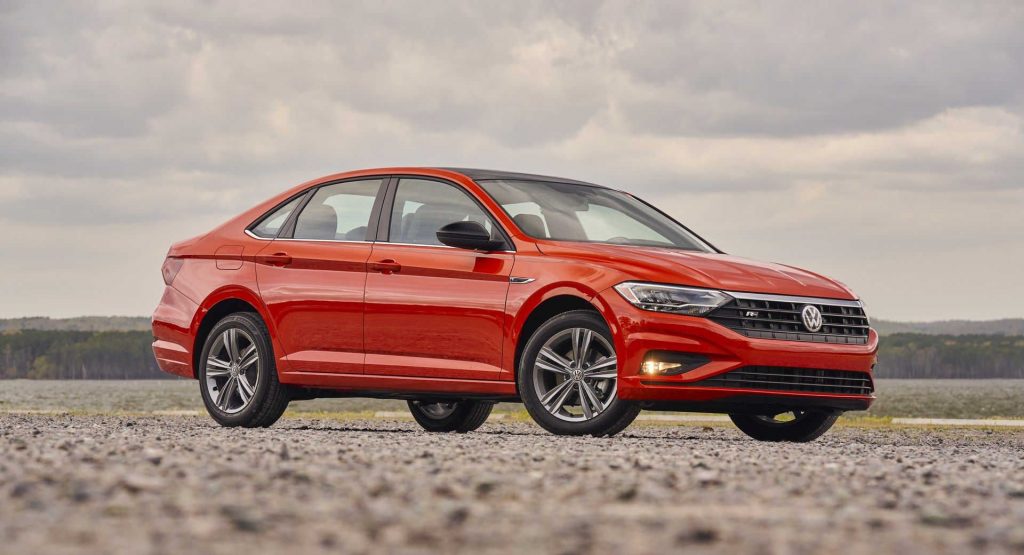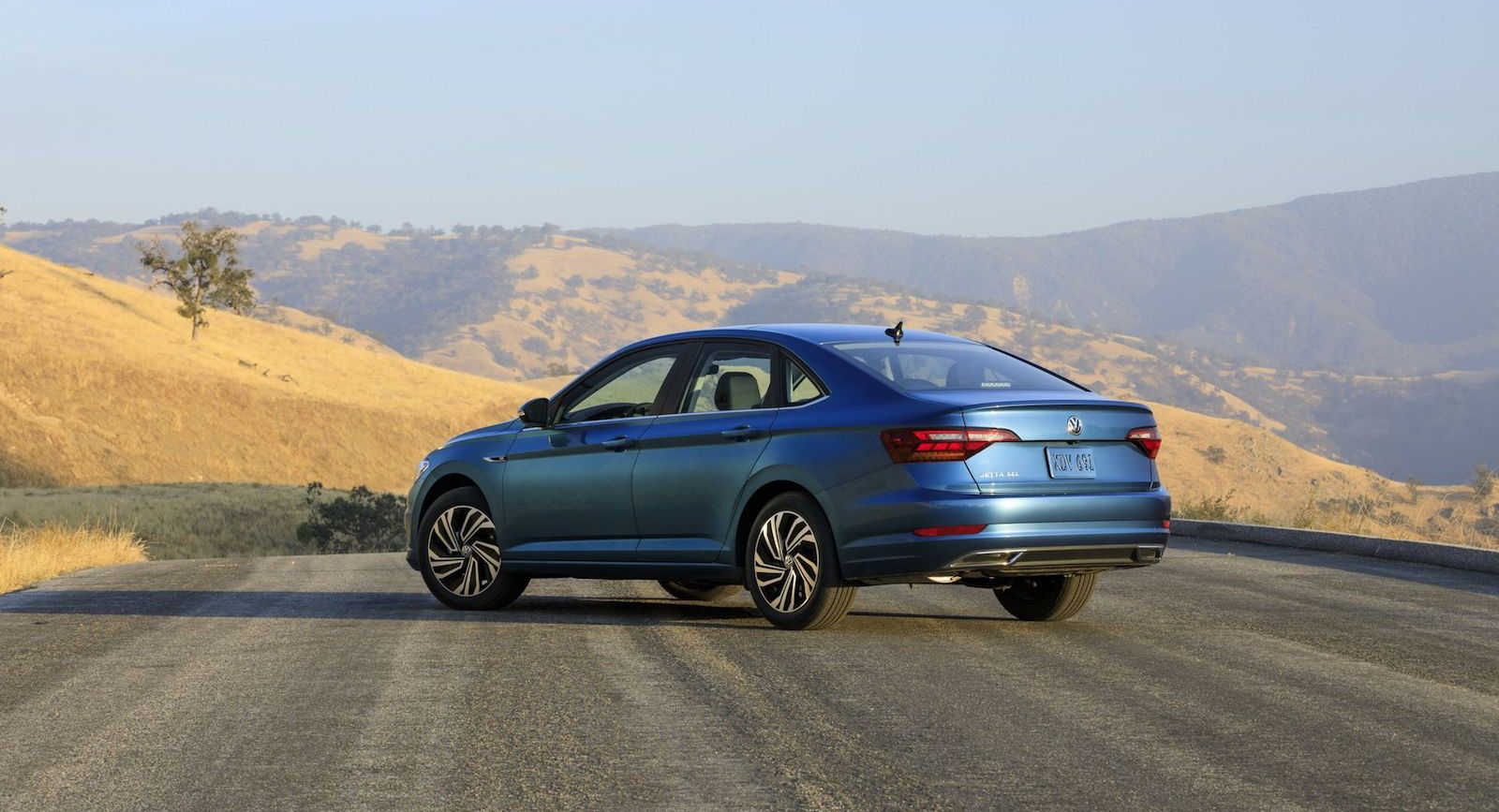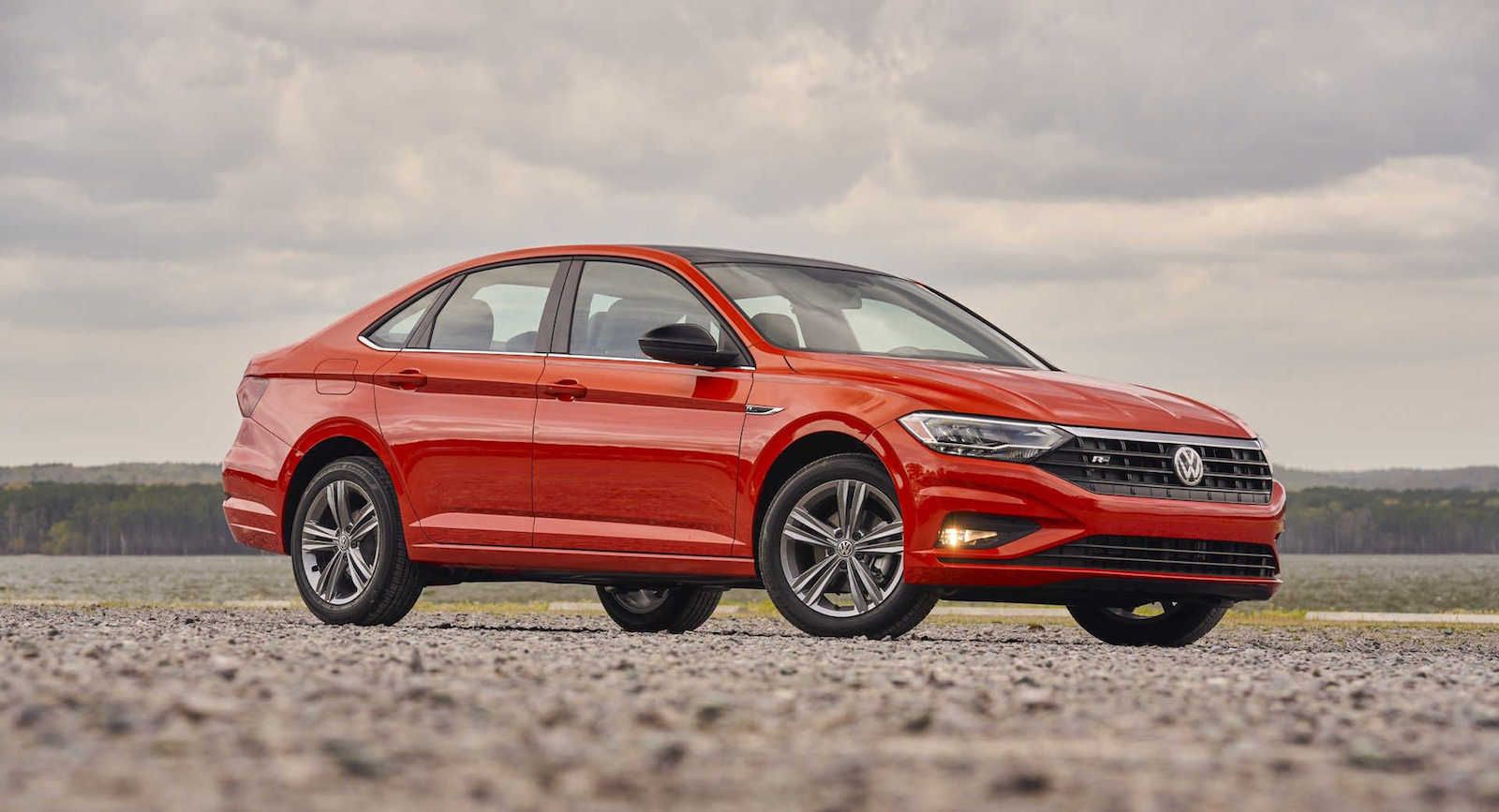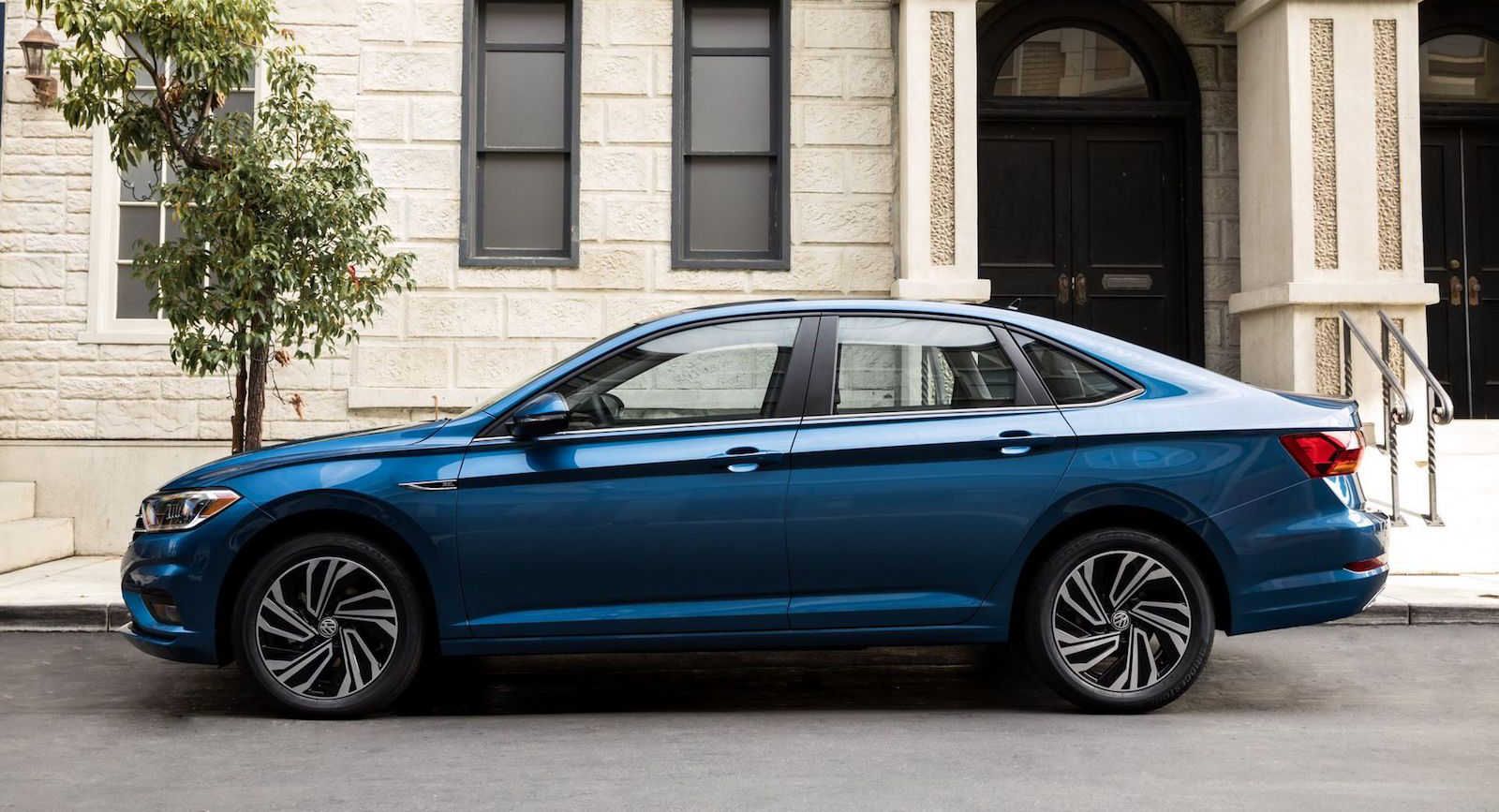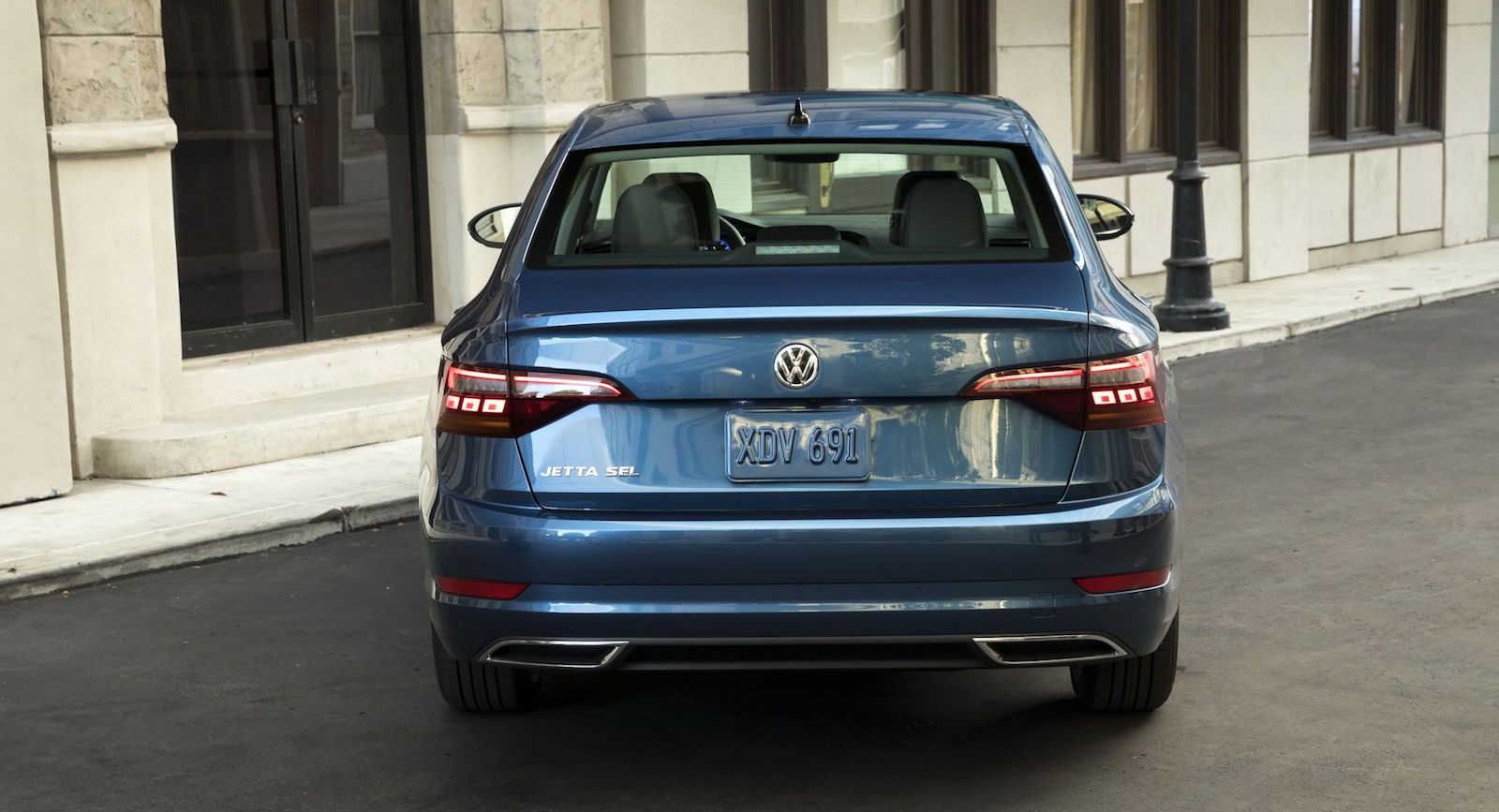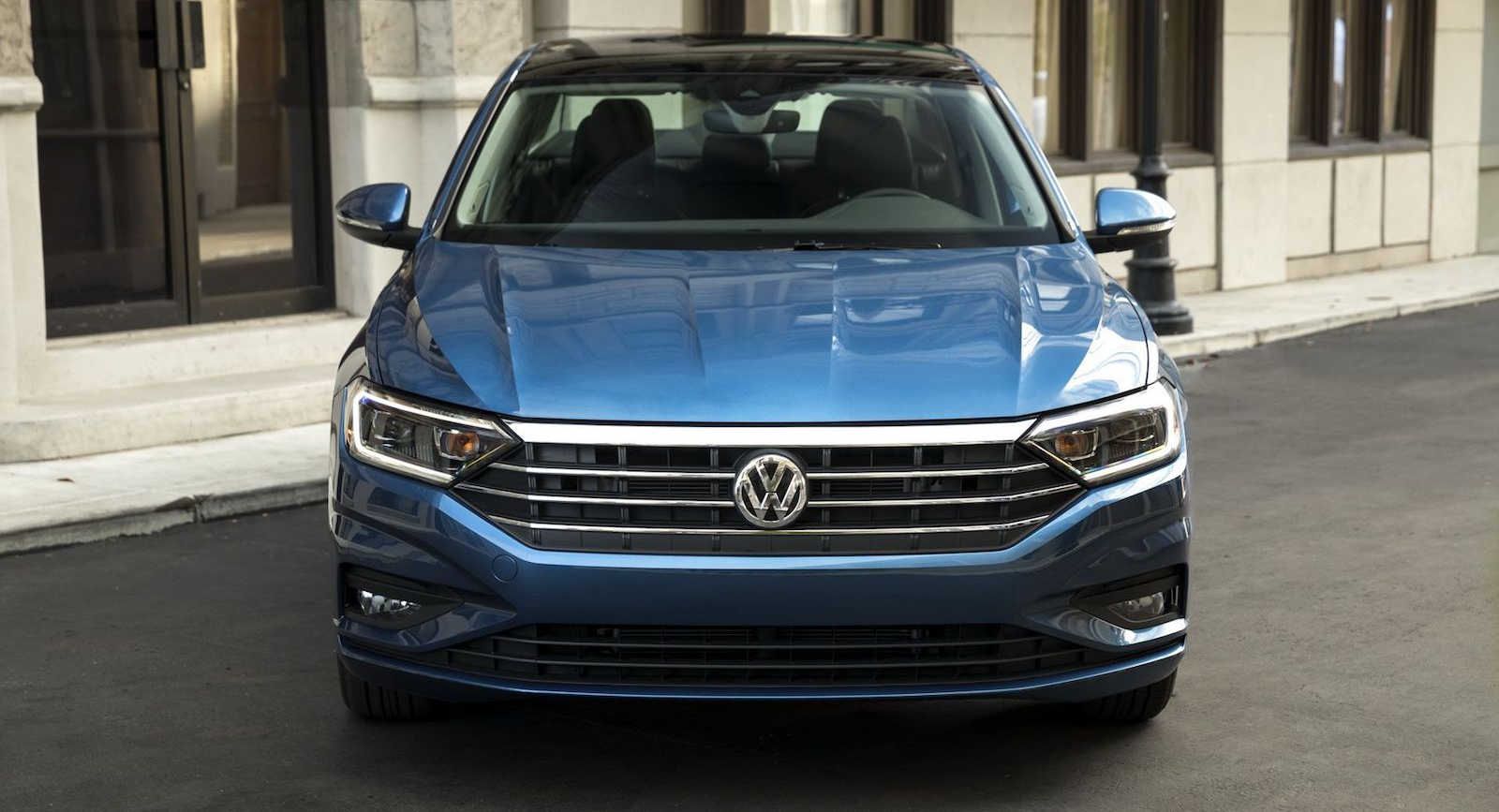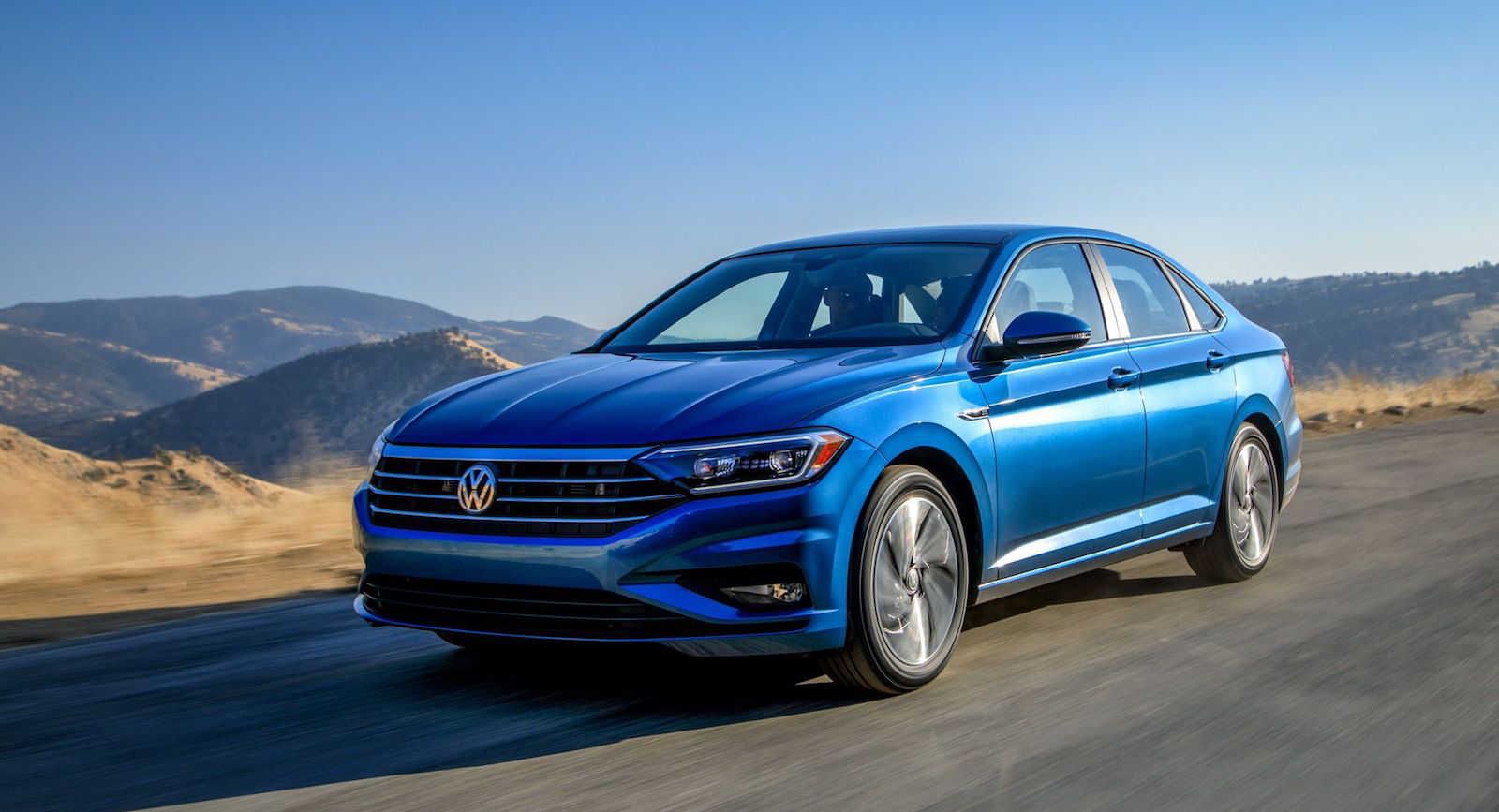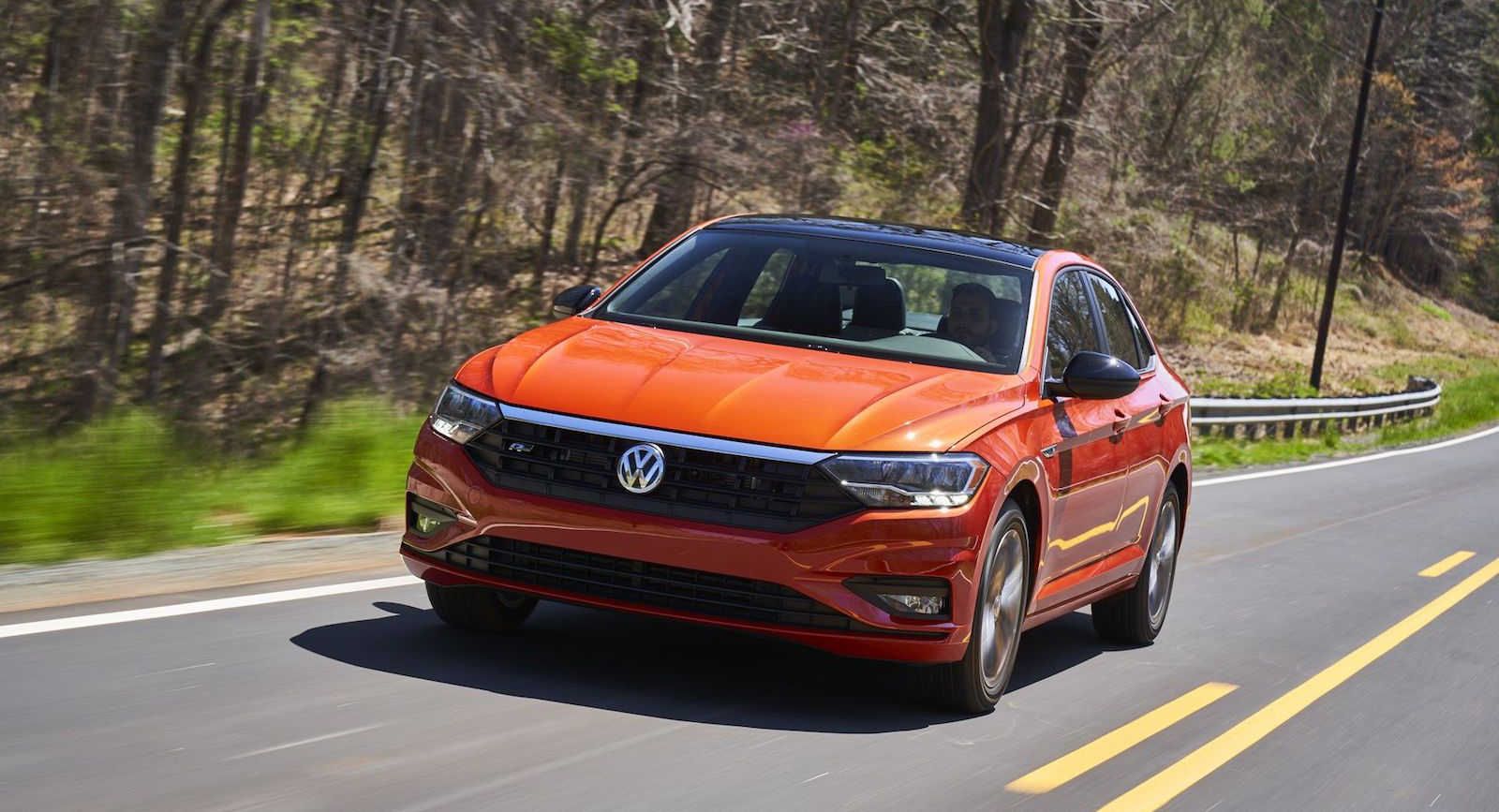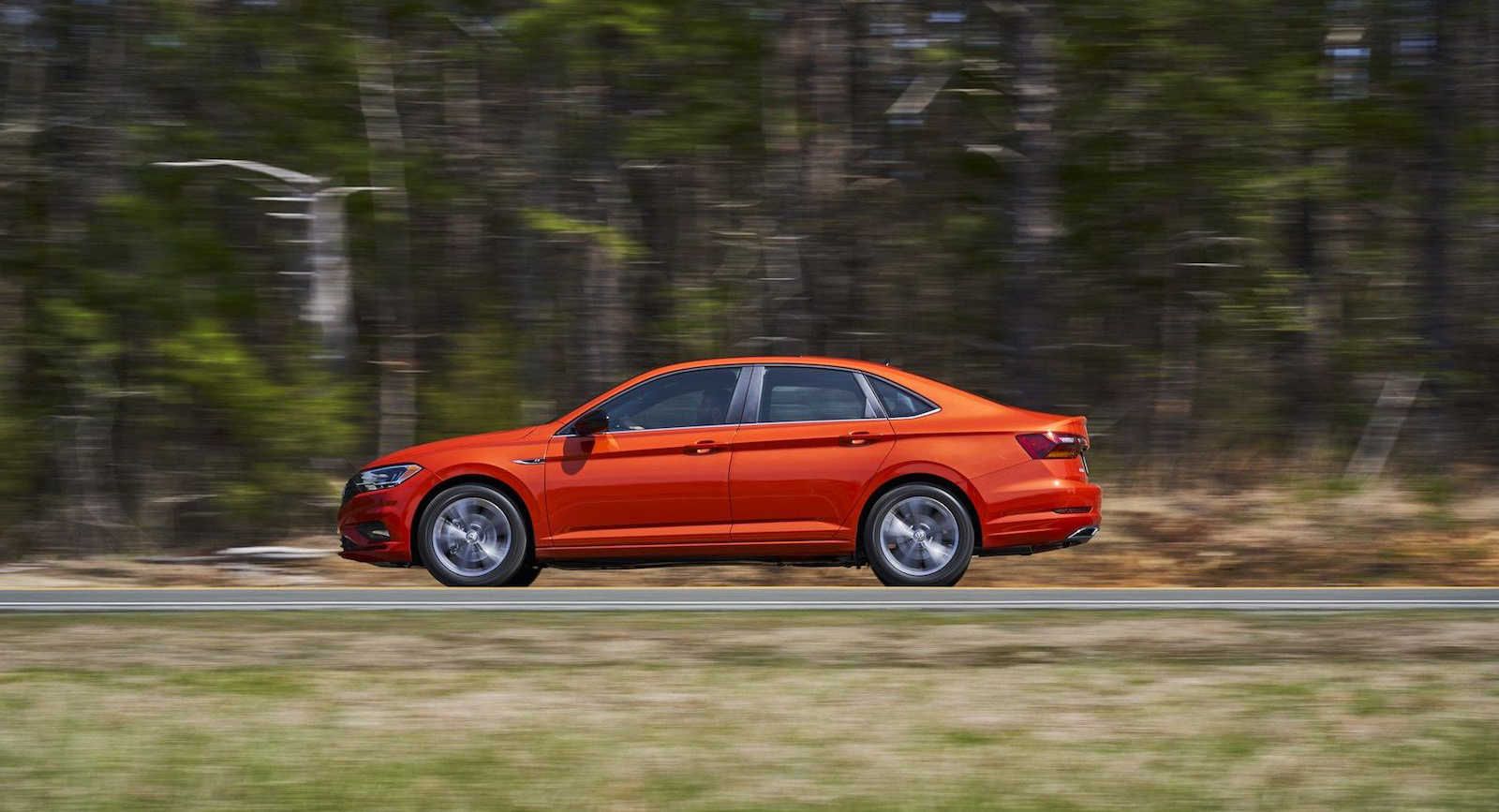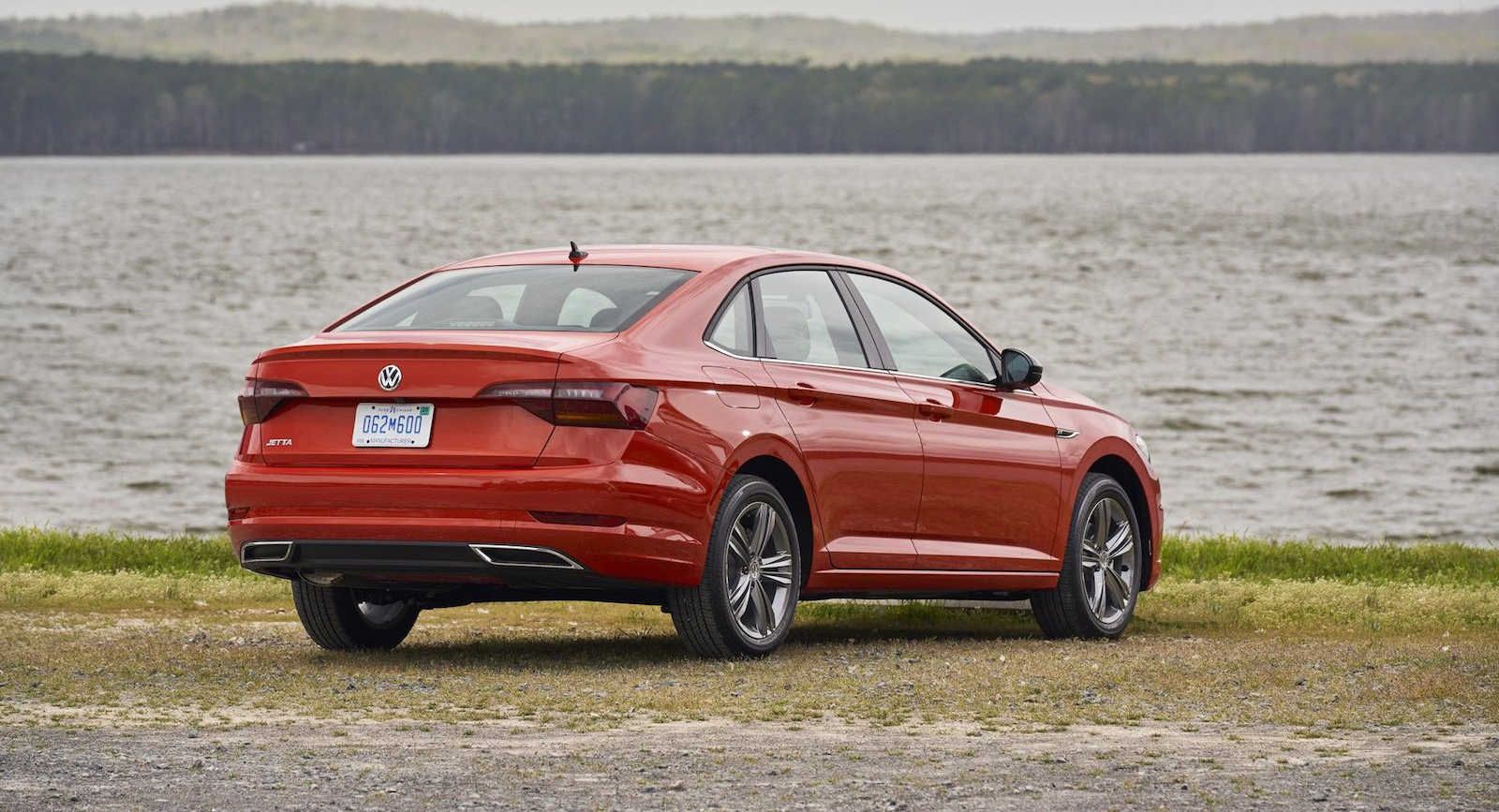Ford stirred things up this week after announcing that SUVs, crossovers, and pickup trucks would be the only things it would sell in America. The American automaker may be moving in a new direction, but others won’t be following in its footsteps. General Motors already announced that it would still sell sedans. And now, it looks like Volkswagen will as well.
According to Digital Trends, Volkswagen will move towards SUVs and crossovers, but sedans will still stick around. The decision, though, has to deal with fuel efficiency.
“The question of whether electric mobility will favor sedans or SUVs hasn’t been answered yet,” said Hinrich Woebcken. “When you’re talking about electric cars, sedans have more advantages. The shape and the [drag coefficient] has a high effect on range. Therefore, we’ll maybe see a higher share on full electric cars than with conventional cars.”
Woebcken’s statement also provides some more insight into why the automaker went with a sedan body style for its upcoming flagship electric vehicle – the I.D. Vizzion. While still in concept form, the vehicle is expected to have a range of 413 miles. That’s more than VW’s other electric vehicle concepts. The I.D. Crozz has a proposed range of 311 miles, while the I.D. Buzz will be able to travel up to 270 miles on a single charge.
The German automaker recently came out with the 2019 Jetta (pictured) and has plans to come out with a model to replace the Passat in the near future. “We are intending to be a full line car manufacturer,” said Woebcken.
Volkswagen may be sticking with the sedans for the mean time, but the brand also has plans to come out with a few new SUVs. One of those vehicles, as the outlet reports, will be a five-seater version of the Atlas Cross Sport Concept that was unveiled at this year’s New York Auto Show. The other is expected to be a vehicle that slots beneath the three-row Tiguan.
“The shift from sedans to SUVs is a permanent one,” said Woebcken. “In former times, when gas prices went up people moved back to sedans. We believe this will not happen any more for two reasons. First, the difference in fuel economy between SUVs and sedans is not so big anymore. Second, customers do not want to give up the high seating position. I believe that trend will not reverse.”







